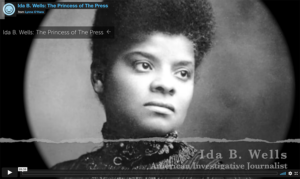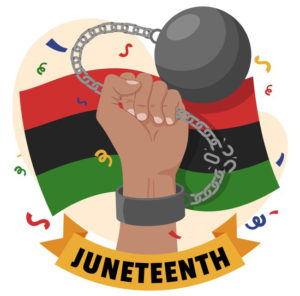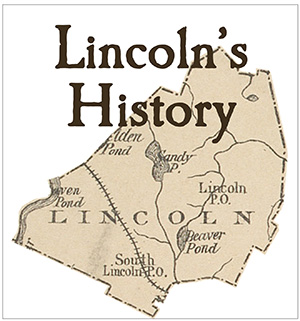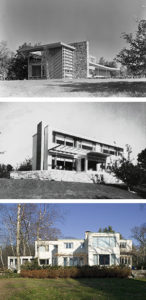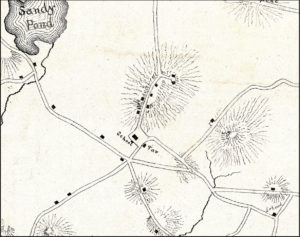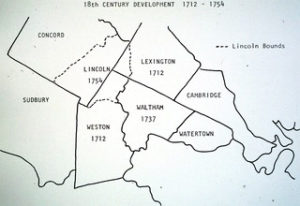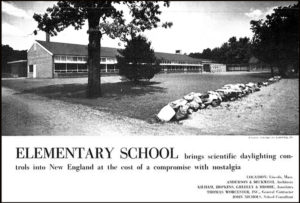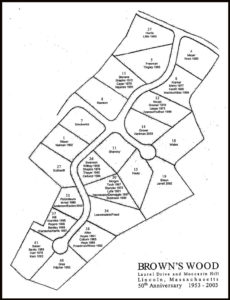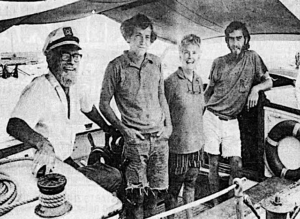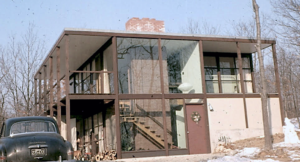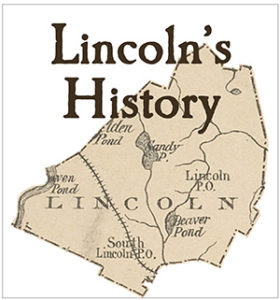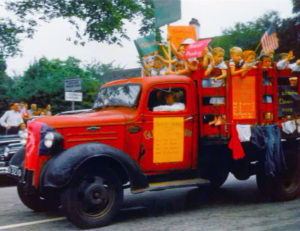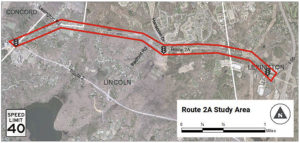A short film made by two Hanscom Middle School students Sophie Hrad and Morgan Gibson will premiere nationally as part of a National History Day (NHD) online showcase.
“Ida B. Wells: The Princess of the Press” is one of 33 films produced by middle school and high school students that was competing in the 2021 NHD National Contest and selected by National Museum of African American History and Culture (NMAAHC) staff. The films will be available to stream online via the Smithsonian Learning Lab through Wednesday, June 23.
NHD students whose films were selected for the showcase grappled with topics consistent with the mission of the museum. Their documentaries address topics of African American history, civil and human rights, and the experiences of historically underrepresented, marginalized, or subjugated peoples. These 10-minute films also reflect the 2021 NHD theme, “Communication in History: The Key to Understanding.”
The Hanscom students will have a similar honor next week as the Massachusetts Historical Society will include their project as part of its Juneteenth recognition, according to their teacher, Jason Peledge.
Sophie and Morgan’s documentary highlights Ida B. Wells, her dual fight against racism and sexism, and how she never stopped fighting for what she believed in and giving a voice to the voiceless. Through the power of the press, she shed light on the inhumane treatment of Black Americans during the late 19th century and early 20th century. Knowing the power of her communication, Wells advocated for women’s suffrage, racial justice, and much more, which has paved the way for people of color in the field of investigative journalism. Click here to watch their video.
The films would normally be shown in person in the NMAAHC’s Oprah Winfrey Theater but are being screened online due to the pandemic. “Despite the ongoing public health emergency, the virtual nature of this showcase allows us to leverage modern technology to share student work that addresses important movements and advancements in communications history,” said NHD Executive Director Cathy Gorn. “These students have recognized, researched, and refined powerful stories of communication breakthroughs and pioneers of the past. We are so grateful to our partners at the Smithsonian’s NMAAHC and the Smithsonian Learning Lab for making this showcase accessible to millions of people around the world.”
Civic Action Project
Peledge also teaches the seven-week Civic Action Project at Hanscom Middle School, part of the curriculum for all Massachusetts public school eight-graders. Students begin by identifying an issue of importance to them, and in groups based on shared interests, they research the history of the issue and how people have tried to solve it before, as well as identifying the community influencers and decision-makers. They conduct interviews with community experts and create a step-by-step action plans involving the community or legislators to try to resolve their issue.
Peledge’s students chose public awareness campaigns as their action plan. One group created a reusable bag infographic (see below), while another worked on this article about opposition to products are tested on animals.
[Best_Wordpress_Gallery id=”149″ gal_title=”Animal testing infographic”]
